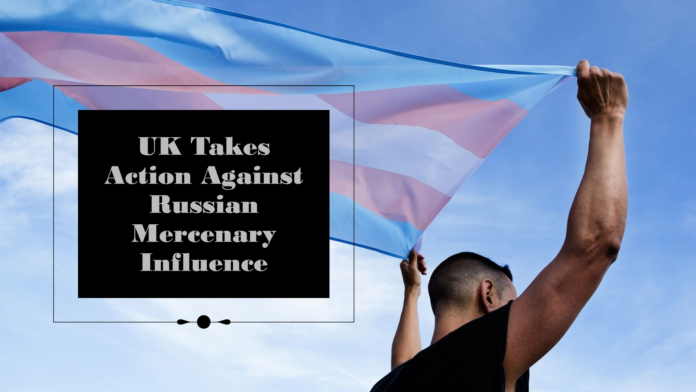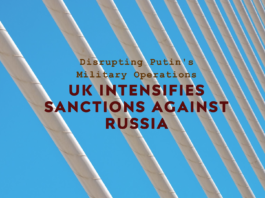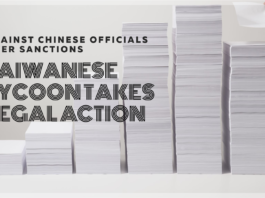In a bold move reflecting mounting tensions and international scrutiny, the United Kingdom has expanded its sanctions to target a series of Russian mercenary groups operating across Africa. This strategic decision comes as part of broader efforts by the UK and its allies to counteract Moscow’s growing paramilitary influence on the continent.
New Wave of Sanctions: A Tactical Response
The latest sanctions, announced on November 7, directly blacklist private military companies (PMCs) known for their involvement in several conflict zones across Africa. The British government’s action underscores a deliberate shift in its foreign policy strategy to not only limit Russian military expansion but to curb the significant political and economic sway these groups wield in resource-rich African nations.
These sanctions specifically target groups that have operated under the guise of “security contractors” while engaging in activities ranging from supporting local regimes to seizing economic opportunities for Russia. UK officials have emphasized that these paramilitary forces, often linked to the Kremlin’s broader strategic objectives, undermine stability and contribute to regional conflict.
Key Figures and Entities
While official details of the sanctioned entities include notable PMCs that have garnered international attention, the move primarily seeks to disrupt the operational capabilities and financial networks of groups such as Wagner-linked affiliates. These entities are accused of various human rights violations and have played pivotal roles in influencing the outcomes of civil wars and political struggles in states such as the Central African Republic, Libya, and Mali.
The UK’s sanctions are part of an aligned effort with other European partners and Western nations. This cohesive stance aims to stifle the expansionist ambitions of groups acting as proxies for Russian interests, all while ensuring that these shadow armies face a concerted international response.
Implications for Africa’s Stability and Global Relations
Africa’s complex geopolitical landscape has become increasingly influenced by non-state actors with military capabilities. Experts argue that the influx of Russian PMCs has skewed power balances and, in some cases, emboldened autocratic leaders. By blacklisting these organizations, the UK hopes to send a clear signal that such interventions will not go unchecked.
“We cannot allow entities known for destabilizing efforts to continue their operations without facing consequences,” said a senior UK official in a statement following the announcement.
Reactions and Potential Outcomes
Reactions from African governments have been mixed. While some leaders, particularly in regions heavily affected by PMC operations, have welcomed the measures, others have remained cautious, wary of appearing aligned with Western geopolitical strategies.
Analysts predict that the sanctions may pressure affected groups to reassess their operations or pivot their strategies. Nonetheless, the reach of these paramilitary forces and their ties to influential political circles may pose challenges to immediate enforcement.
Strategic Takeaway
The UK’s latest sanctions underscore its commitment to diminishing the reach of Russian influence within Africa’s political and security spheres. As these PMCs face heightened scrutiny, international actors will continue to watch closely to gauge the effectiveness and long-term impact of these measures on Africa’s volatile landscapes.
This landmark move by the UK reaffirms a global narrative: unchecked paramilitary expansions in conflict zones invite international backlash and deepen the complexities of global security.




You have brought up a very superb points, regards for the post.